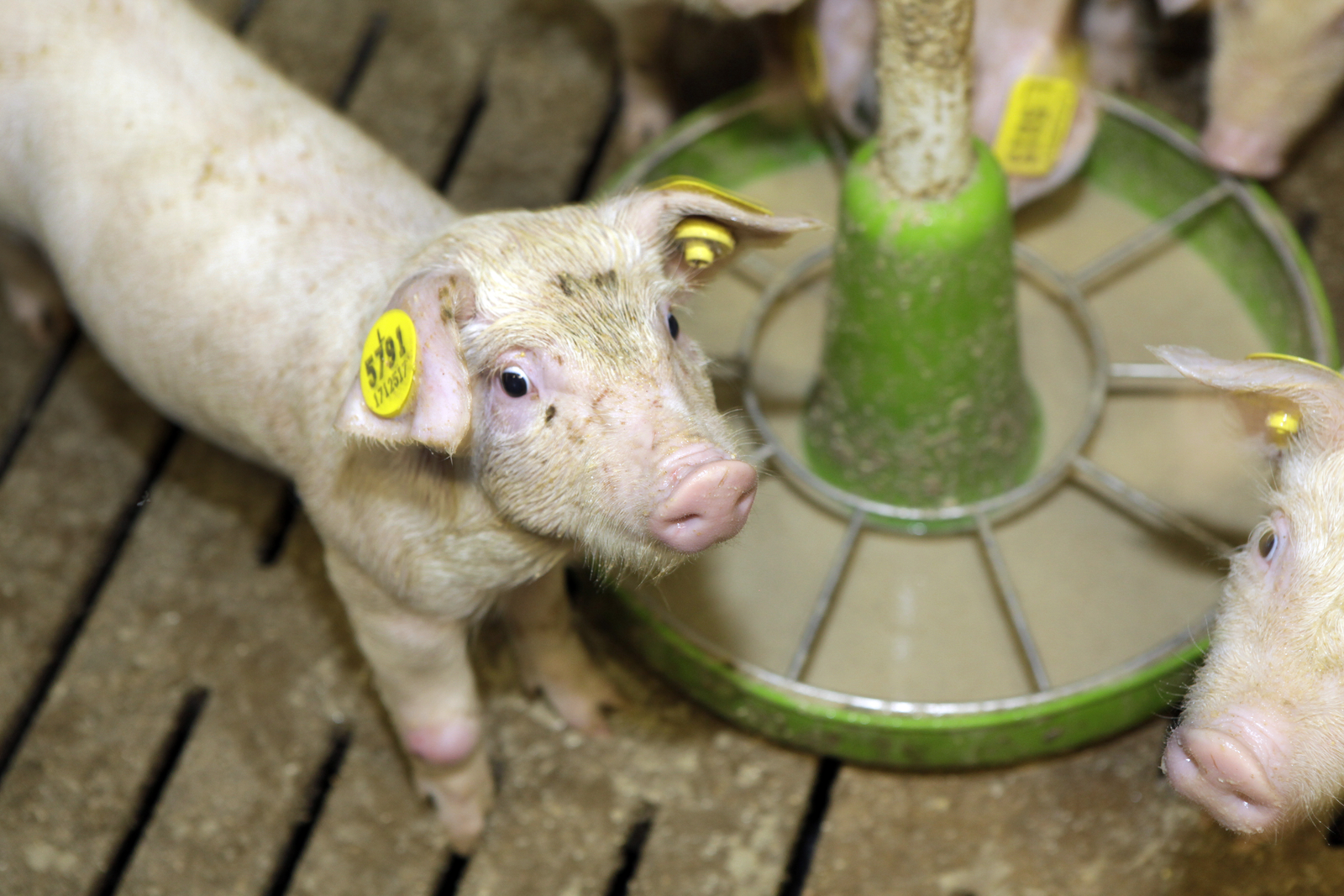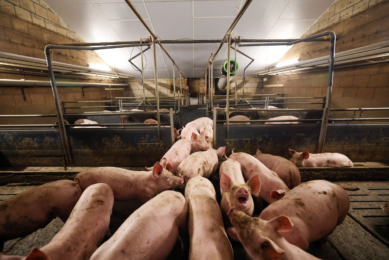Weaning and its effect on villus cells in gut

A Chinese research team looked at the effects of weaning on intestinal upper villus epithelial cells of piglets.
Weaning is one of the most stressful events a pig encounters in swine production because the weaning pig must rapidly adapt to great changes in their diet, physical environment, and social environment. It is known that weaning stress commonly results in a decrease in villus height and intestinal dysfunction in piglets. However, no study has been conducted to test the effects of weaning on the physiology and functions of upper villus epithelial cells.
The trial
In this trial, a total of 40 piglets from 8 litters were weaned at 14 days of age and one piglet from each litter was killed at 0 d (w0d), 1 d (w1d), 3 d (w3d), 5 d (w5d), and 7 d (w7d) after weaning, respectively. The upper villus epithelial cells in mid-jejunum were isolated using the distended intestinal sac method, hence the expression of proteins in upper villus epithelial cells was analysed.
The result
The expression of proteins involved in energy metabolism, Golgi vesicle transport, protein amino acid glycosylation, secretion by cell, transmembrane transport, ion transport, nucleotide catabolic process, translational initiation, and epithelial cell differentiation and apoptosis, was mainly reduced during the post-weaning period, and these processes may be regulated by mTOR signaling pathway.
The conclusion
According to the researchers, these results indicated that weaning inhibited various cellular processes in jejunal upper villus epithelial cells, and provided potential new directions for exploring the effects of weaning on the functions of intestine and improving intestinal functions in weaning piglets.
[Source: PLOS one]











